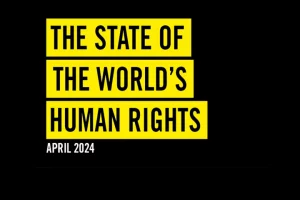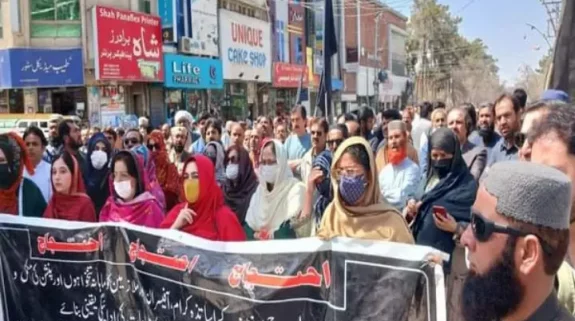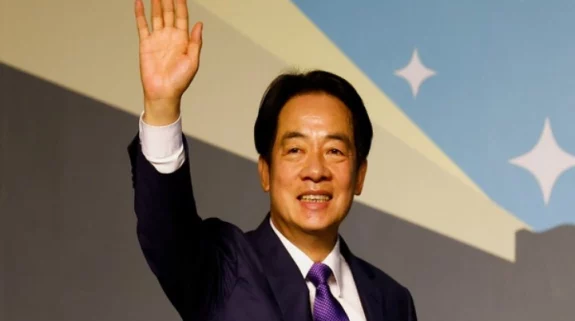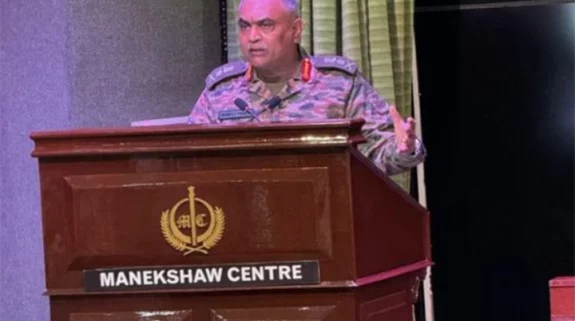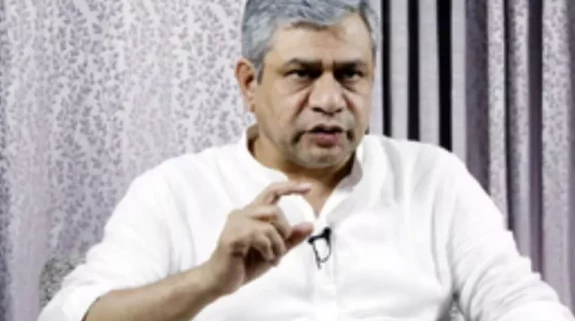Delhi University (DU) exams were scheduled to be conducted in the first two weeks of May. However, the Covid-19 pandemic affected the whole world and most events got cancelled or delayed, including the DU examinations.
After the mid-semester break from March 7, we were informed that new guidelines would be issued on how the DU examinations were to be conducted amidst the Covid-19 pandemic.
The DU has students from all over India. They are from metropolitan cities as well as backward regions, from the northeast as well as southern India. Now, all regions in India do not have the same technological and economic facilities. Jammu & Kashmir has areas without any internet since end of December 2019 and early January 2020. Many areas in India have no internet facilities. Many students have no internet facilities, no computers, no laptops or no means to access a cyber cafe.
The majority of DU students are in the age group 18-21. Just starting off their adult life, they are hit with a global pandemic, an unprecedented pandemic. Their, as also of others’, lives have turned completely upside down. They're in cities away from their hometowns; and overnight they are forced to rush back home. The stress level of an 18- or 20-year-old in such a situation is unimaginable.
On May 14, students were informed that the examinations would be conducted online and would be open-book. Soon after this, many students and teachers declared, after thorough research and survey, that more than 85 per cent of the students enrolled in DU will not be able to sit for online examinations due to lack of internet and other technological facilities. Complaint after complaint was registered and petition after petition filed against the open-book online examinations, but no step was taken to address the grievances of such students either by University Grants Commission or DU authorities.
The students, already stressed about everything happening in the world, were supposed to somehow defy all odds and arrange for study material and/or internet facilities at the earliest. The ongoing semester before the mid-semester break was hardly taught in colleges for even less than two months, owing to the various strikes and other events. More than half the syllabus in most courses was left to be taught when colleges shut down. Material sent by teachers to their students during the lockdown in the country, be it voice notes and/or PDFs, were:
1. Sent by less than half the colleges and courses of DU
2. Sent for the sake of it, without any explanation and/or ease of understanding for the students
3. Sent late or not at all
4. Sent in a manner not accessible to all or not understandable by all
5. Sent without any follow-up for doubts.
Basically, along with dealing with a pandemic, students were not only expected to appear for exams that are physically not in their control but were also expected to teach 'themselves' graduate level education.
I personally spent more than 15 days on my practical subject, trying to understand what was happening in my books and was still unable to grasp all the concepts. This is the case when I do have the books available with me for the subject. I can only imagine the difficulties faced by the students who had to leave town overnight and go back to their homes without having any time and/or means to take all their stuff, including college study material with them.
The country was in a lockdown. All shops were closed. How were students expected to find books and other material to study for exams in such a situation? How are they expected to teach ‘themselves’ subjects that are taught by doctorate-level professors?
All these issues were again and again brought to the attention of UGC and DU. The High Court was appealed to as well, which on June 10, declined to interfere with the issue. If UGC and DU were helping in understanding the issues of the students, there would not have been a need to contact HC in the first place.
After all this effort, after all these petitions, after considerable communication with the authorities, the plight of students has remained the same. Yet, we all started studying. We all gathered the courage and started arranging for means to give the examinations and acquiring study material.
The UGC then issued open-book online examination guidelines, which introduced Common Service Centers for students facing difficulty in attaining internet facilities. As if approaching a Common Service Centre is possible for everyone in all regions.
Yet, the students were preparing for exams and were working harder than usual to be ready to appear for them. The open-book examination date-sheet mentioned the exams to start from July 1; on June 24, that is, seven days before the start of exams, students were bombarded with the news that the UGC was reconsidering the scheduled examinations and would “soon” revise the guidelines. What is sooner than seven days in such a situation?
This letter is not for addressing the technology-related grievances of students for which a number of petitions have already been filed; or to demand a decision on when and how my exams would take place. This is to make the UGC, DU, and the government aware about the fact that they should be sensitive towards youth. Uncertainty and anxiety about exams can have a debilitating effect on students’ mental health. It is high time the UGC and DU authorities got serious about students.
<em>(The author is third year B.Com student of Jesus & Mary College, Delhi University. The views expressed are personal)</em>.








